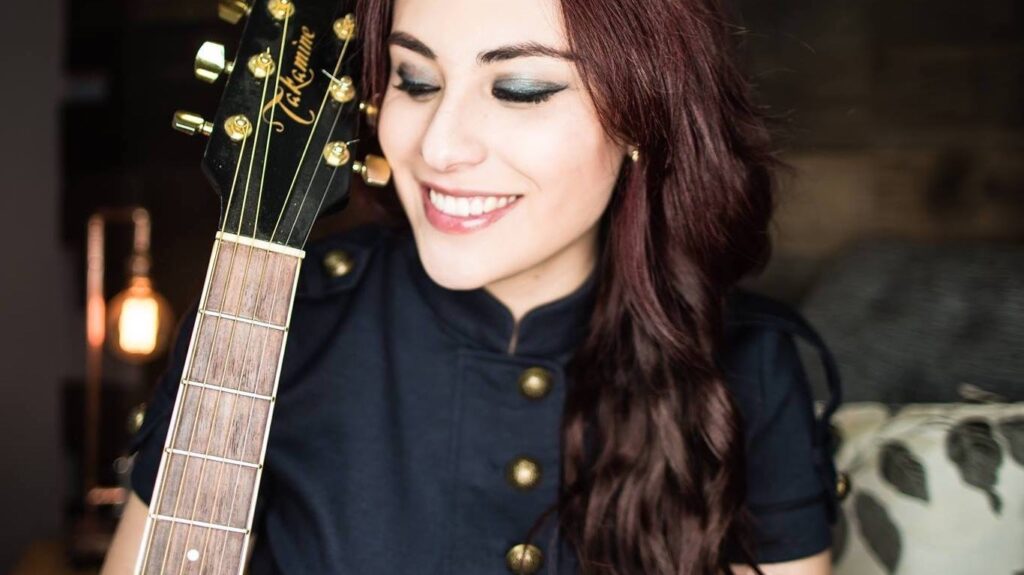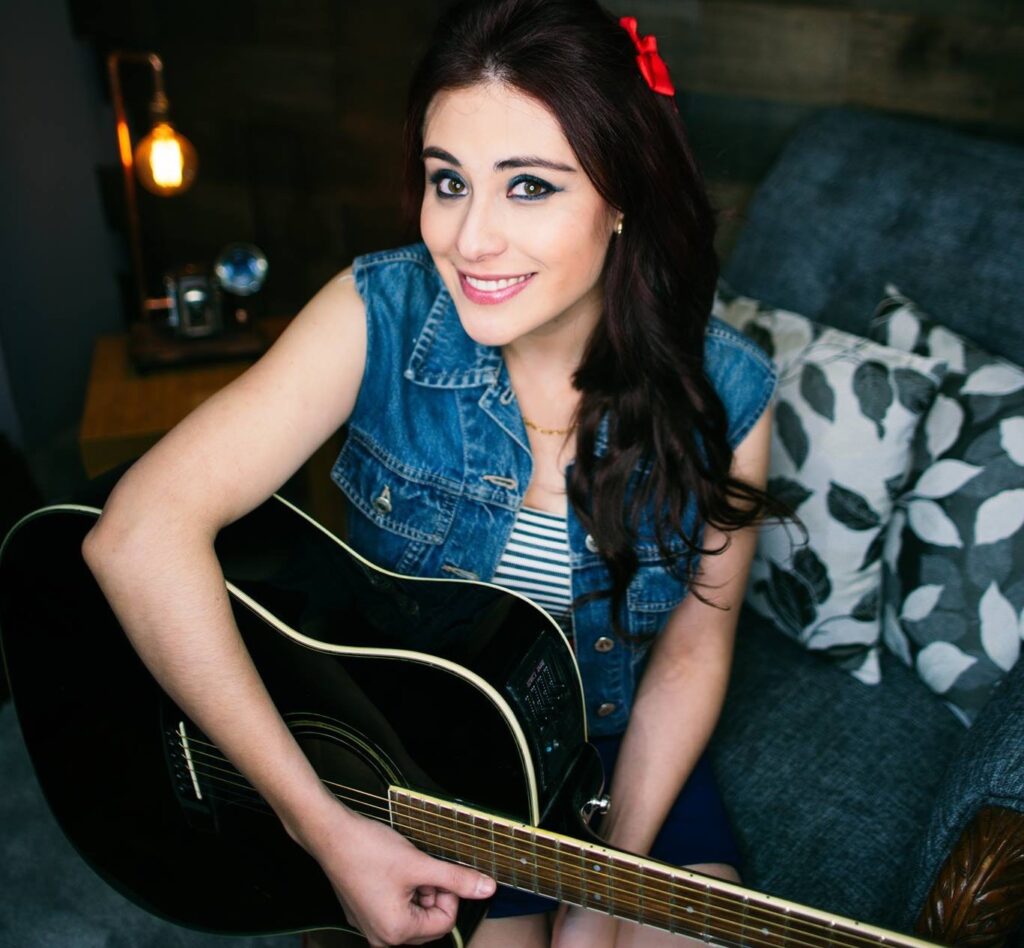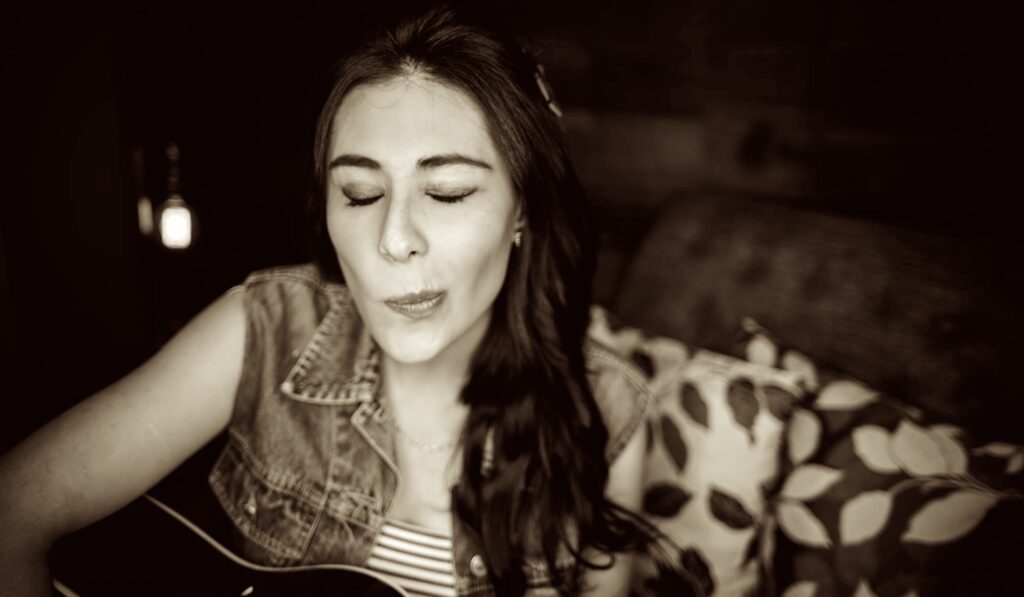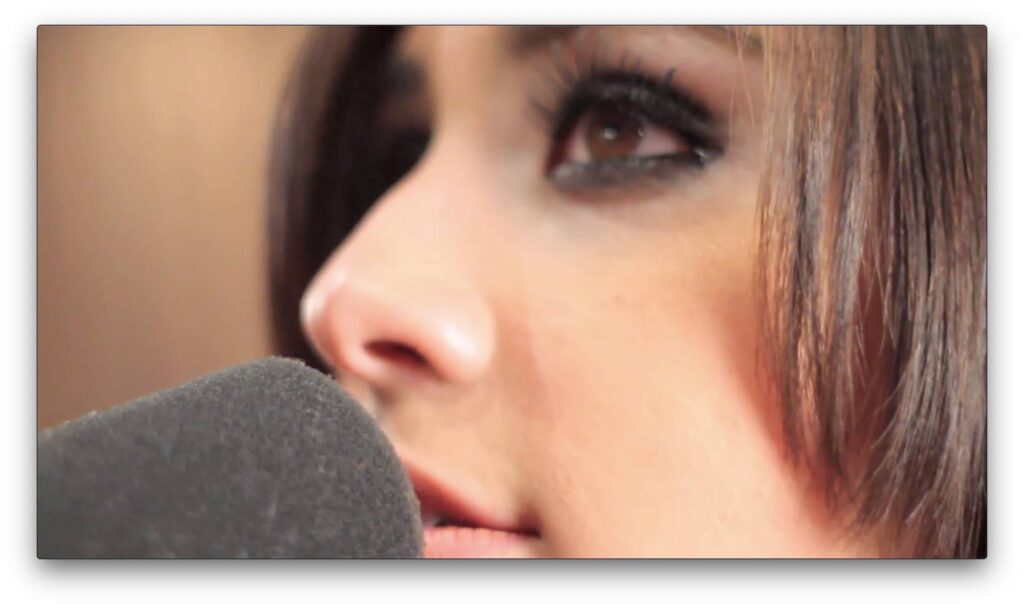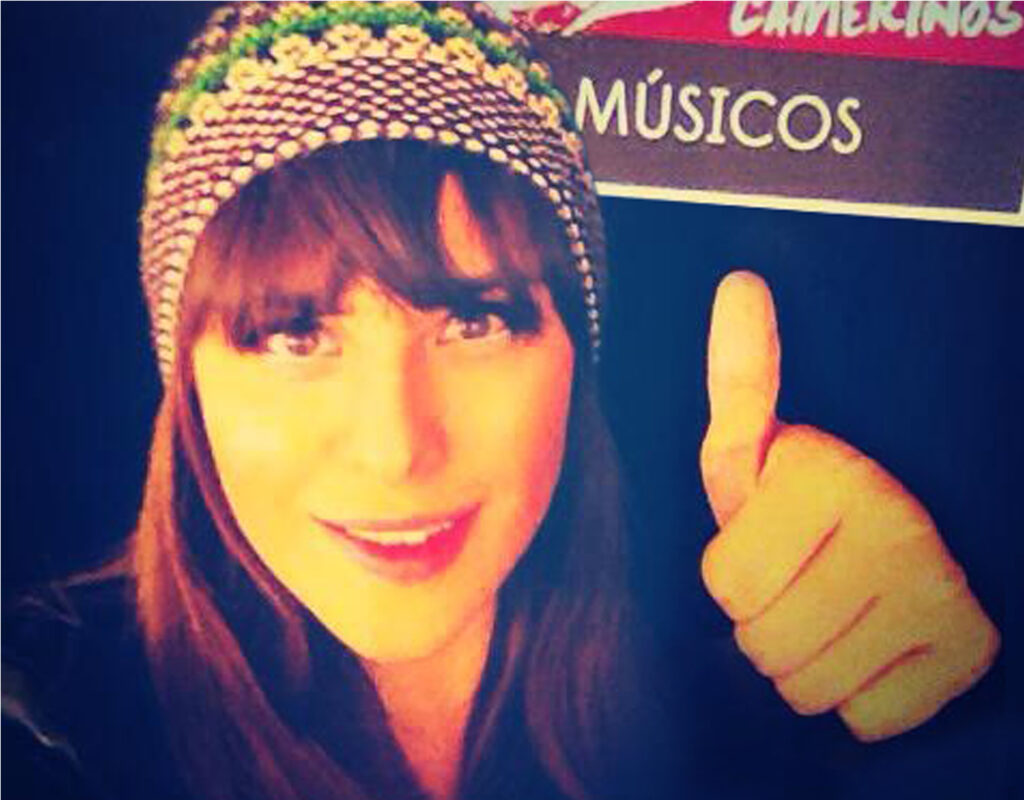– Ari, the combination of being a singer/songwriter and a therapist sounds interesting. I imagine you get to hear lots of stories you could easily turn into song lyrics. Do the songs you write contain a lot of existentialist reflections?
– My work as a therapist does give me perspectives. It’s a nice complement to my songwriting. Impressions, be they first or second handed, is what you draw from when you write songs. More life, more songwriting!
I have also started using songwriting as a component in some of the therapy sessions, and it looks very promising. I think most experienced songwriters have at some time reflected over the fact that writing songs is indeed a form of self therapy. It can be a very effective way of dealing with hardship, sorrows and questions, and of course also to make the most of, enjoy and celebrate the wonderful stuff.
Music is also one of the best medicines we have, so songwriting has two useful aspects. Most people that listen a lot to music have experienced how it can transform moods and create a positiv feeling, but not all are aware of the role music has in the process of recovery. It is clear to me that music can have the power to heal, and I am taking advantage of it in my work as a therapist.
– You’re from Mexico!
– From Mexico City. Mexico is a strong brand in music, but I’m guessing many people have sort of stereotype thoughts of what Mexico and Mexican music like – it’s not all about mariachi bands tequila and enormous hats. It’s a country of contrasts, and the musical scene is very diverse.
There also seems to be a misconception that copyright law is not respected here. It is, largely. Just like in Sweden, we have a copyright collection society. Ours, of which I am a member, is called SACM, and it is constantly working to improve the situation and implement copyright law in society.
There is a really professional community of songwriters here, and we have internationally acclaimed artists like Juan Gabriel, Paulina Rubio, Carlos Santana, Alondra de la Parra, Abraham Laboriel and Alejandro Fernández. I think the rest of Latin America is a influence, but we hear a lot of American music as well. Personally I listen a lot to John Mayer. I like pop, country, jazz and blues as well as the styles prevalent here. Raggaeton continues to be very popular.
What is also true about Mexico is the fact that we are experiencing many challenges. The lack of security, and crime related to drugs and poverty, is something many people have have to deal with in their lives. The greater Mexico City has some 22 million people and parts of the town vary greatly in social status and demographics. There are places I would rather not go – however, the great majority of people you come about have a strong will to contribute and help change society for the better. I meet mostly “good people” who want to make a difference.
– Tell me a little about your own music. Have you written any songs that mean more to you than the rest of them?
– Hm… I think I would mention a song with the kind of introspective aspect we talked about earlier. I imagined what it would be like knowing my life would end in 10 minutes. It was a thought-experiment. I really put my mind to it. I tried my best to envision it, get into the feeling, and it actually helped me realize a few things about myself. I realized how valuable the small everyday experiences mean to the sense of being alive, and how much I actually enjoy/love them. You have to be present in the moment to realize their importance, and most of the time you have your mind set on tomorrow, next week or next year. I know this sounds a bit cliché – to be “present”, but I think you need insight, some tool or technique to really get there. Our society seems to promote running through time and life.
– Will you share an early musical memory?
– Barbra Streisand got me started! I was six, and my dad gave me the record that made me want to become a singer. That what I’m doing now, besides working as a therapist. I perform live, or do studio sessions. And then I also consider myself a full time songwriter. I get up, go to the gym, and after that it’s all music. Well, I do listen to music while working out as well, and when I’m cooking. At nights, I sing in a club and at weekends I give singing lessons – music, music and music.
– How did you experience the Black Belt Online Camp?
– It was awesome! The people I worked with were so open and willing to share their insight into writing and producing. I learned a lot from them, and I think they got some ideas from me. Also, the camp host turned out to be an asset. If our team is likened to a machine he was like a lubricant. He was good at listening and a great support, full of tips.
I can really recommend the camp to other songwriters with a serious attitude. It did give me new relations and opportunities. I really like the idea of creating this plattform, open for people from all continents.
